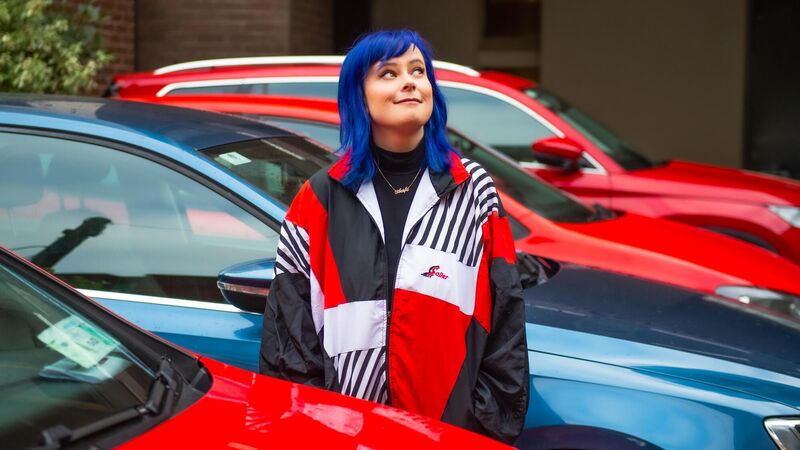Aoife Dooley: 'I want kids to see that it's okay to be different'

Aoife Dooley: autistic writer and illustrator explores diagnosis, special interests and disclosure in her new kids' graphic novel, 'Finding My Voice'.
When I was in secondary school, I didn’t know that I was autistic, but I knew that I was different. By the time I got to secondary, I went from being a complete nerd, to ‘no one’s gonna mess with me’ — not a bully or anything, but being quick on the ball, having the best comebacks.










